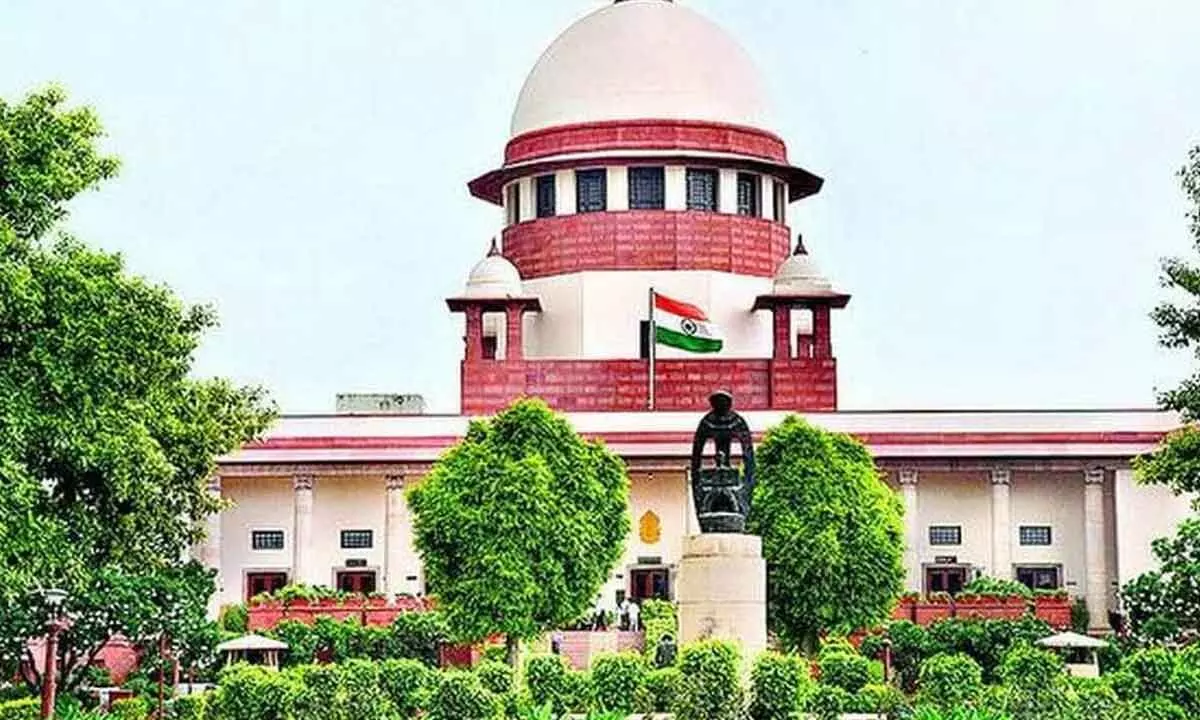SC junks plea on succession issue

Says matter falls under legislative domain
New Delhi: The Supreme Court has refused to entertain a plea raising the issue of succession in accordance with the Muslim Personal Law (Shariat) Application Act, 1937, saying the matter falls under the legislative domain and personal laws are different for people belonging to different religions.
The plea said the Muslim Personal Law (Shariat) Application Act, 1937 mandates that Muslims in India shall be governed by the Shariat law in matters of intestate succession, marriage, dissolution of marriage, maintenance etc.
"Legislature may create a common law on succession. How can the court say that what is inheritable, say under the Hindu law, should also be inheritable under the Muslim law?" a bench of Justices Sanjay Kishan Kaul and Sudhanshu Dhulia asked. The bench said it cannot accede to the prayer made in the petition, which amounts to giving equal rights in succession irrespective of the religion.
Advocate Mathews J Nedumpara, appearing in the court on behalf of the petitioner, said according to the Shariat law, the petitioner, a Muslim woman, is entitled to only 12.5 per cent of the estates of her late husband.
He said all citizens, irrespective of their religion, should have equal right of inheritance. “Personal laws are different for different people from different religion,” the bench observed, adding, “You are saying, have a common law of succession. That is what you are wanting.” “We cannot accede to the prayer made in the writ petition, which amounts to giving equal rights in succession, irrespective of the religion. If this has to happen, it is the legislative domain. The writ petition is, accordingly dismissed,” the bench said in its order.

















